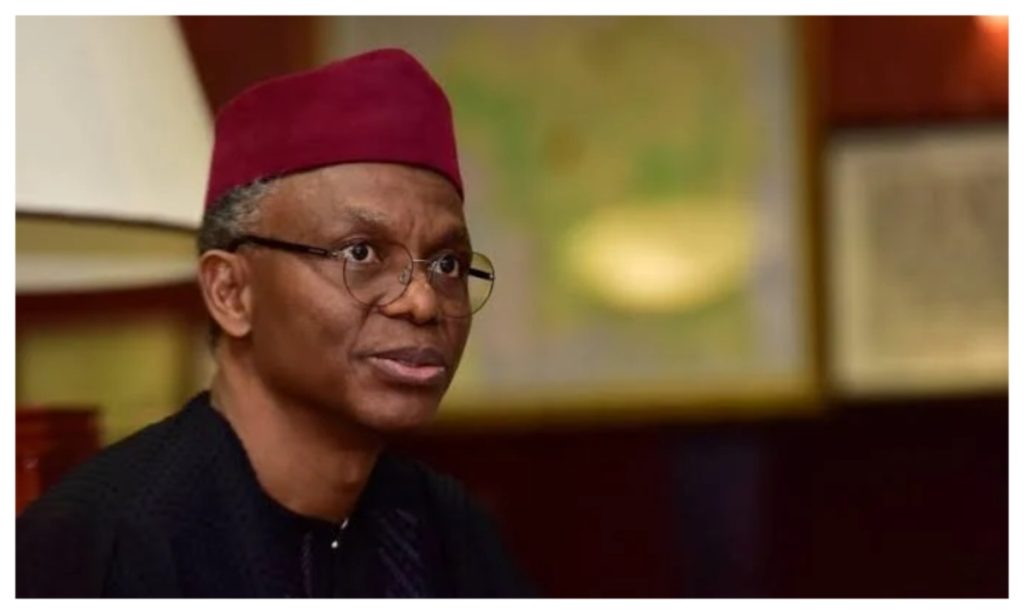The Nigerian presidency has accused former Kaduna State Governor, Nasir El-Rufai, of having double standards regarding negotiations with bandits. Presidential spokesman, Bayo Onanuga, made this accusation in a post on social media, describing El-Rufai as a “master of ambivalence.” Onanuga alleged that El-Rufai had previously supported and led efforts to pay bandits in exchange for peace, but now opposes such measures, apparently for political reasons.
According to Onanuga, El-Rufai’s past actions contradict his current stance on the issue. “Malam Nasir EL-Rufai is the master of ambivalence,” Onanuga stated. “Once upon a time, he supported and led the way in paying bandits to calm them. Today, in the name of politics, he opposes it.” This accusation comes amid recent disagreements between El-Rufai and the Bola Tinubu administration over its approach to addressing insecurity, particularly its refusal to negotiate with terrorists and bandits.
El-Rufai’s comments on the matter have sparked mixed reactions, with some criticizing his stance as contradictory. The Tinubu government has maintained that it will not pay ransom to bandits, a position that El-Rufai has publicly opposed. The former governor’s criticisms have been met with accusations of spreading falsehoods by the government.
The controversy surrounding El-Rufai’s stance on negotiations with bandits highlights the complexities of addressing insecurity in Nigeria. The country has struggled with banditry and terrorism, leading to calls for effective solutions. The Tinubu administration’s refusal to negotiate with bandits has been a point of contention, with some arguing that it is necessary to prioritize the lives of innocent citizens.
As the debate continues, the Nigerian government faces the challenge of finding a balance between addressing the root causes of insecurity and taking a firm stance against terrorism and banditry. The accusations against El-Rufai underscore the need for consistency and transparency in addressing the country’s security challenges. The situation is being closely monitored, and the government’s next steps will be crucial in determining the course of events.
